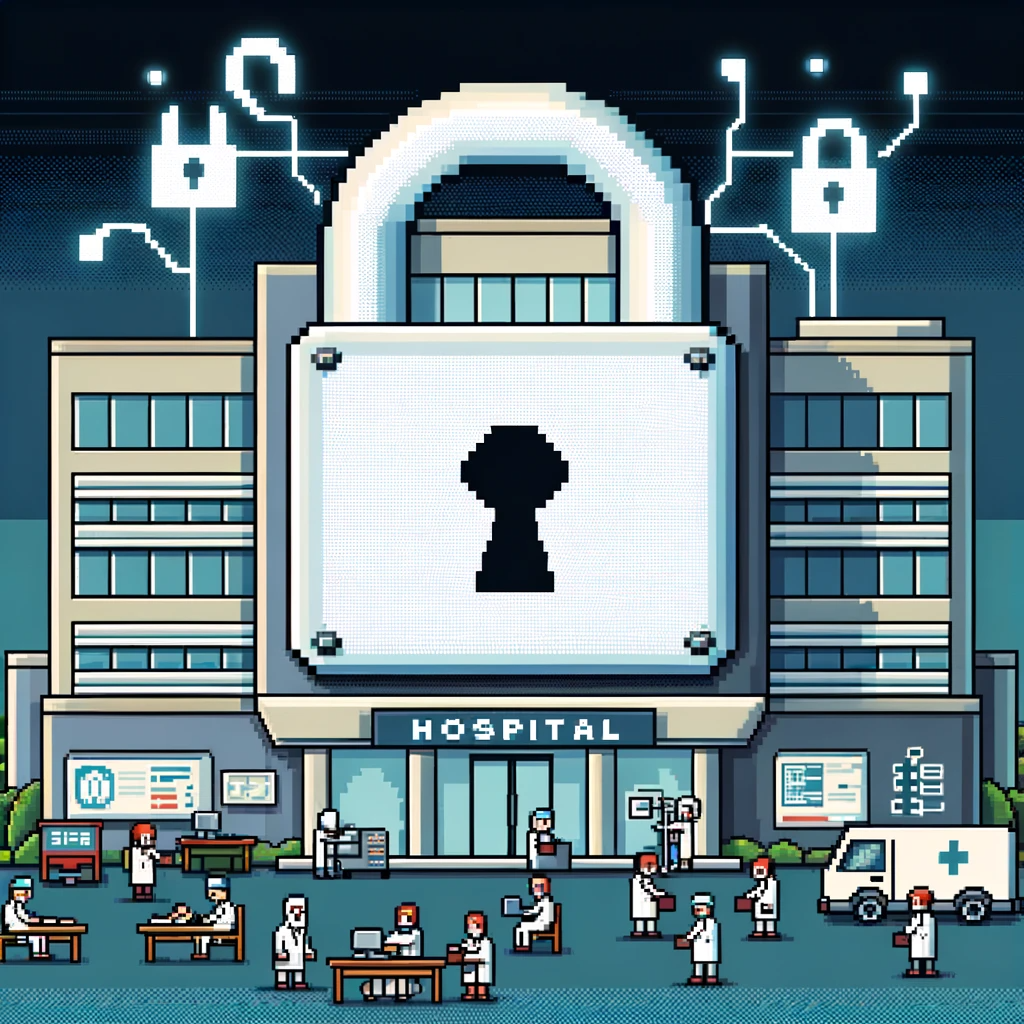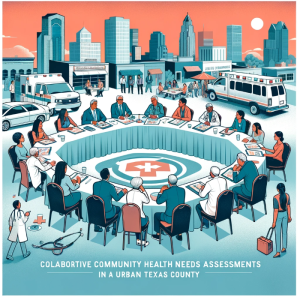
The Digital Storm: The Health Care Impacts of Ransomware Attacks
I was just on a call for my other job, and the hospital system I was talking to mentioned that they had been a victim of a Ransomware attack in the past year that was super disruptive. I began to think about what literature had been published on this issue.
The article Hacking Acute Care: A Qualitative Study on the Health Care Impacts of Ransomware Attacks Against Hospitals delves into the profound effects of ransomware attacks on hospitals.
The Rising Threat of Ransomware in Healthcare
Ransomware attacks in hospitals have become increasingly frequent, posing severe risks to patient care and safety. The study investigates these impacts through interviews with emergency healthcare professionals and IT staff. It focuses on their experiences during the acute and recovery phases of hospital ransomware attacks in Europe and the United States from 2017 to 2022.
Disruption of Patient Care Continuity
One of the most striking findings is the significant disruption to patient care continuity. Loss of technology, such as electronic health records, led to a reliance on paper-based systems, hindering efficiency and increasing the risk of errors. The study highlights the necessity for backup systems and training in manual healthcare processes to mitigate these risks.
Communication Breakdowns and Diagnostics Delays
The absence of digital communication tools forced healthcare providers to resort to archaic methods like fax machines and walkie-talkies. This led to inefficiencies in internal coordination and delays in diagnostics, further complicating patient care during these critical incidents.
The Emotional Toll on Healthcare Staff
Ransomware attacks not only disrupt healthcare services but also significantly impact the emotional well-being of healthcare workers. The study reveals the immense stress and responsibility felt by staff during these attacks, emphasizing the need for psychological support and robust crisis management strategies in healthcare settings.
Lessons Learned and the Road to Resilience
The article underscores the importance of preparedness, improved communication, enhanced IT security, and robust contingency plans. Hospitals that experienced ransomware attacks adapted by improving their cyber defenses and staff training, demonstrating the importance of proactive measures in safeguarding patient care.
Conclusion: A Call to Action for Public Health Practitioners
For public health practitioners, this study serves as a crucial reminder of the vulnerabilities in our healthcare systems. It calls for a concerted effort to enhance cybersecurity measures, develop comprehensive emergency response plans, and ensure effective staff training to cope with such digital crises.
Read the full article, “Hacking Acute Care: A Qualitative Study on the Health Care Impacts of Ransomware Attacks Against Hospitals,” to better understand this pressing issue.
Transform Information into Action – Subscribe Now!
Your key to unlocking the power of public health knowledge awaits! ‘This Week in Public Health’ is not just a newsletter; it’s a catalyst for informed action. With a focus on cutting-edge research, community health successes, and advocacy insights, each issue empowers you to make a tangible impact. Subscribe for free and turn information into action today!



